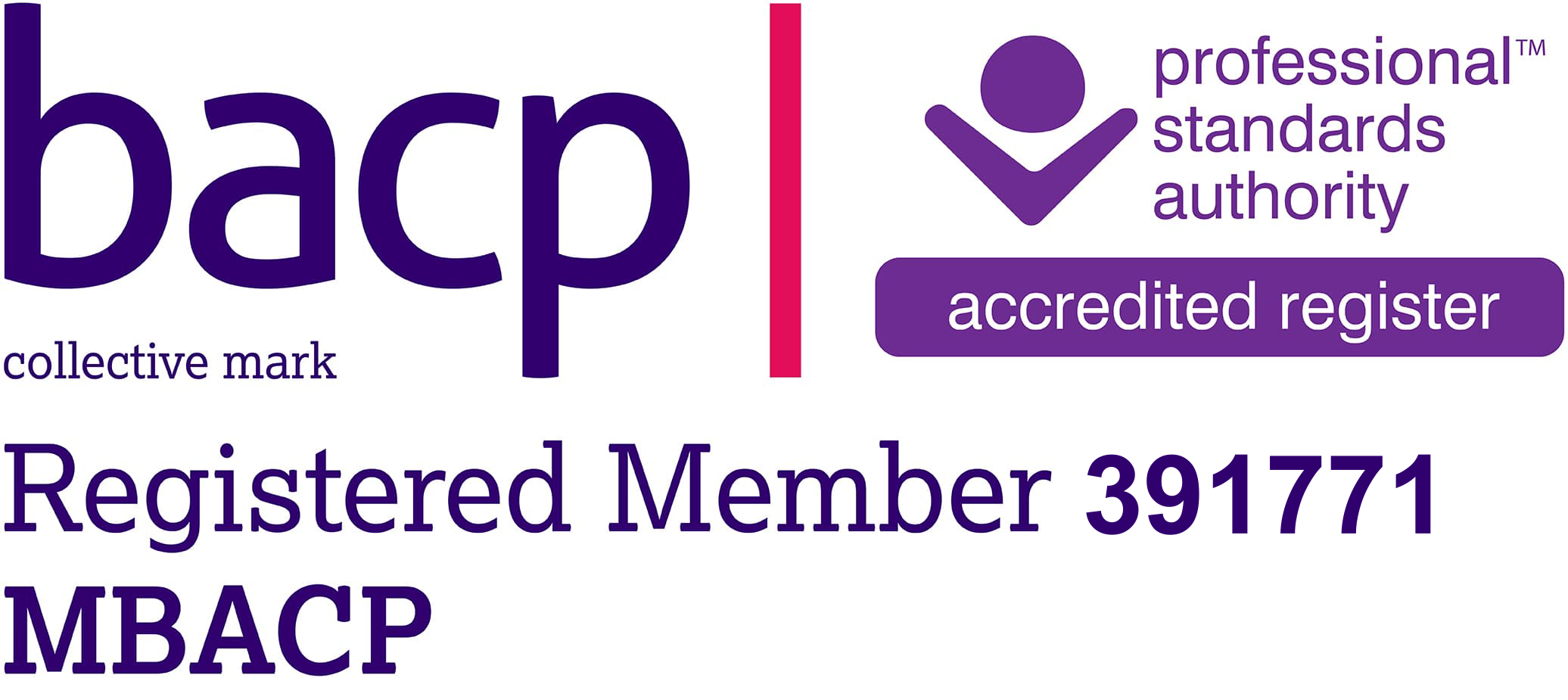Auditory Processing Disorder (APD)
Not all hearing is done by the ear. Our ears collect environmental sounds and then send this to the brain for interpretation. How well the brain interprets this information depends on our Auditory Processing skills.
Auditory processing disorder is not a hearing problem, but a difficulty in processing sound including spoken language and making sense of it. Children with Auditory processing disorder have difficulty interpreting, storing and accessing auditory information.
They do not recognise subtle variations between different sounds and timing in speech. They may process part of what they hear and miss the rest, or perceive a totally incorrect idea of what has been said.
The following signs and symptoms are an indicator that your child may have auditory processing difficulties ONLY once you have ruled out any hearing abnormalities with a hearing test. We offer assessment where parents or teachers have concerns about a child’s auditory processing ability. As this is a standardised assessment it will accurately determine the child’s auditory precessing range on the day.
-
Auditory processing disorder – Signs and Symptoms
-
Auditory processing disorder – Problem Areas
-
Auditory processing disorder – Classroom Strategies
-
Auditory processing disorder – Parental Strategies





